Voltage Rating: The maximum voltage that the insulator can withstand without electrical breakdown or flashover. Voltage ratings can range from low voltage to extra-high voltage (EHV) levels.
Material Composition:
Core Material: Typically made of fiber-reinforced composite materials like fiberglass rods.
Housing Material: Usually silicone rubber, which provides electrical insulation and weather resistance.
Creepage Distance: The distance along the insulator's surface between two points at different voltages to prevent electrical arcing and leakage. Creepage distance is important for preventing flashovers.
Mechanical Strength:
Tensile Strength: The maximum force the insulator can withstand without breaking when pulled in opposite directions.
Bending Strength: The ability to resist bending forces without fracturing.
Compression Strength: The resistance to crushing or compression forces.
Pollution Performance:
Pollution Flashover Voltage: The voltage at which a composite insulator starts to flashover under polluted conditions.
Hydrophobicity: The ability of the insulator's surface to repel water and prevent surface conductivity due to wetting.
Tracking and Erosion Resistance: The ability to resist surface degradation caused by tracking (formation of electrically conductive paths) and erosion due to electrical discharges.
Temperature Range: The range of temperatures within which the insulator can effectively operate without compromising its performance.
Corona Resistance: The ability to suppress corona discharge, which can lead to power loss and radio interference.
Dimension and Configuration:
Length: The overall length of the insulator.
Diameter: The diameter of the insulator's housing.
Fitting Type: The design and configuration of the metal end fittings that attach the insulator to the structure.
Installation Torque: The recommended torque for attaching the fittings to the structure to ensure proper installation.
Electrical Data:
Leakage Current: The amount of current that flows through the insulator under normal operating conditions.
Flashover Voltage: The voltage at which a flashover occurs between the insulator's sheds or along its surface.
Certifications: Compliance with relevant international standards, such as IEC (International Electrotechnical Commission) or ANSI (American National Standards Institute).
Our Main Product Series
Pin composite insulator: 35kV-220 kV Pin type
AC Suspension/Tension composite insulator: 10kV-1000kV/10-600KN
DC Suspension/Tension composite insulator: 400kV-士800kV/160-600KN
Ground wire composite insulator
Line post composite insulator: 10-110kV line post type
Post composite insulator: 10kV-500 kV Post type
Wind deviation prevention composite insulator
Power station composite insulator
Railway composite insulator
Fuse post composite insulator
Warranty and Maintenance: Information about warranties and recommended maintenance practices provided by us.





 info@dosensecable.com
info@dosensecable.com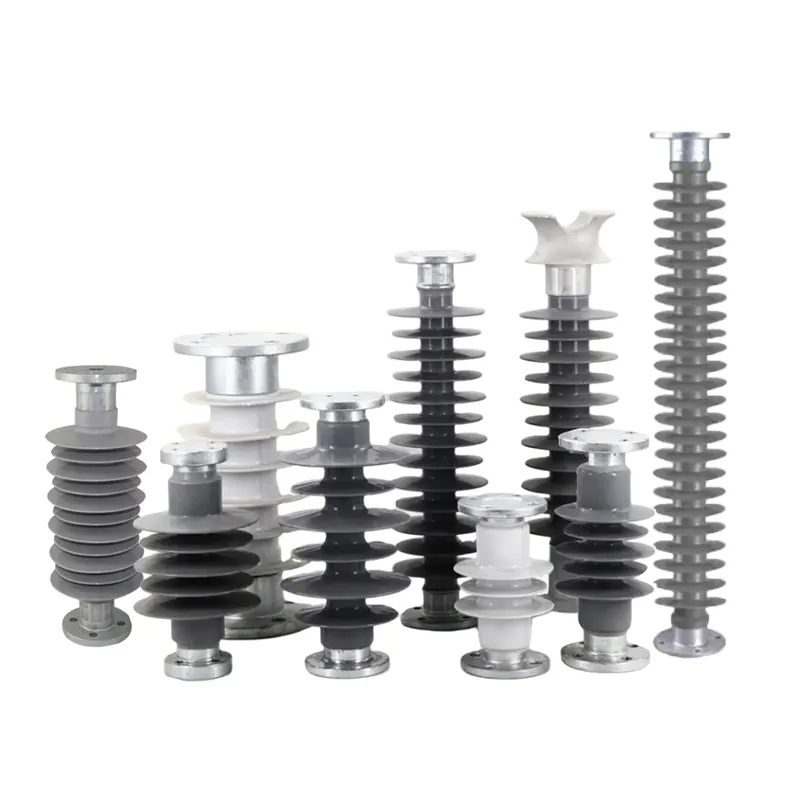
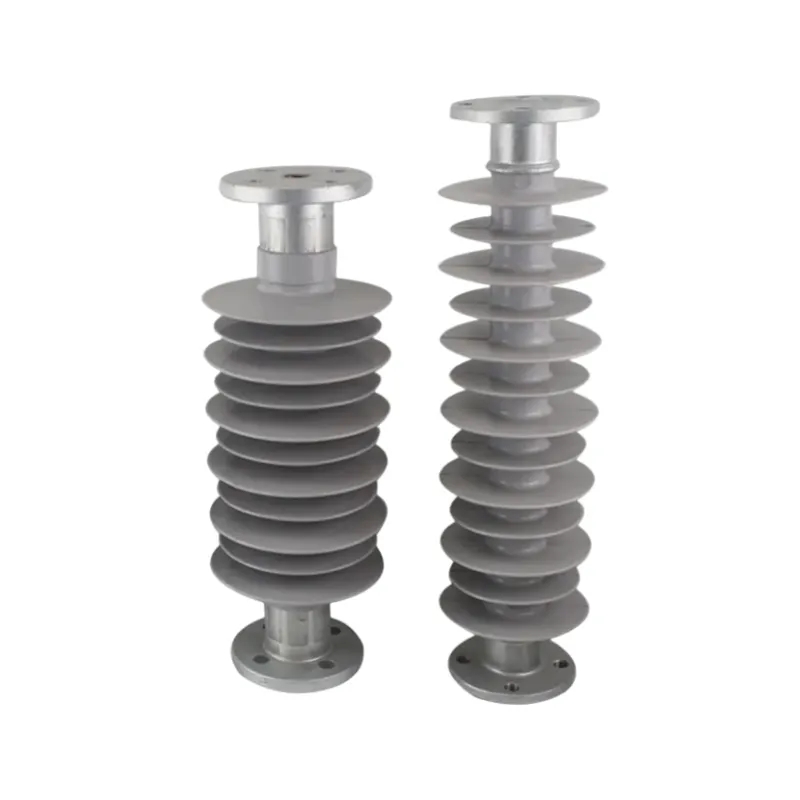
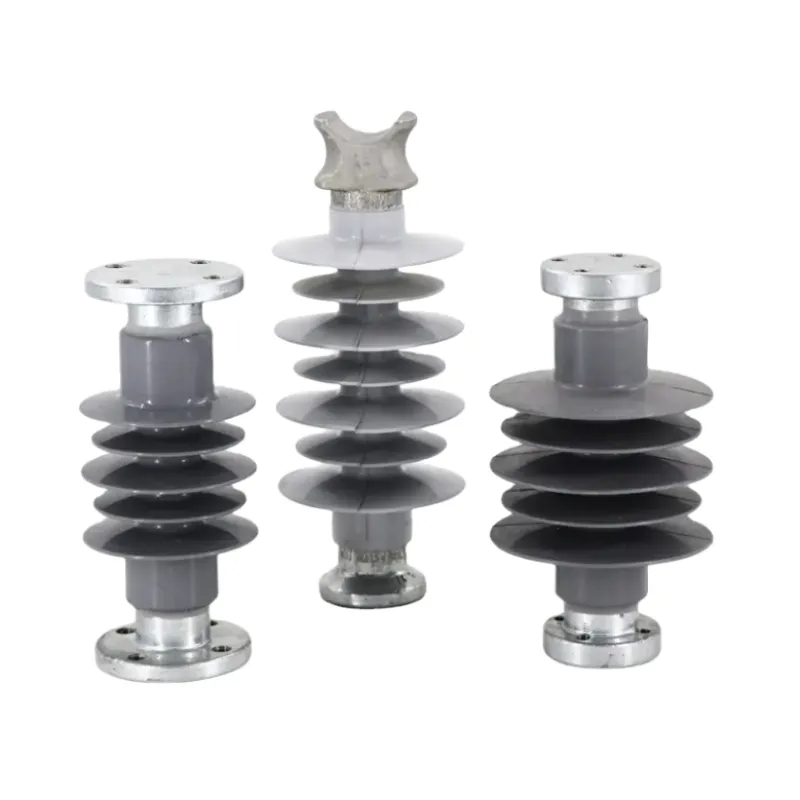
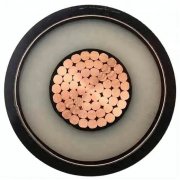
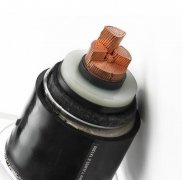
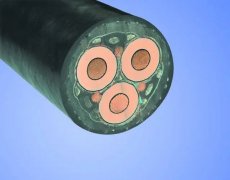
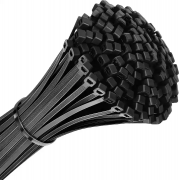
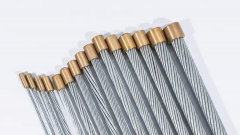
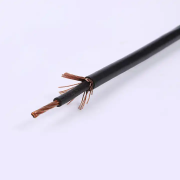
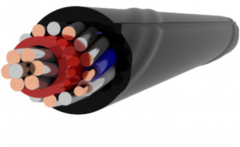
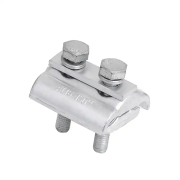

 Tel:
Tel:  Address: Zhengzhou, Henan,China
Address: Zhengzhou, Henan,China